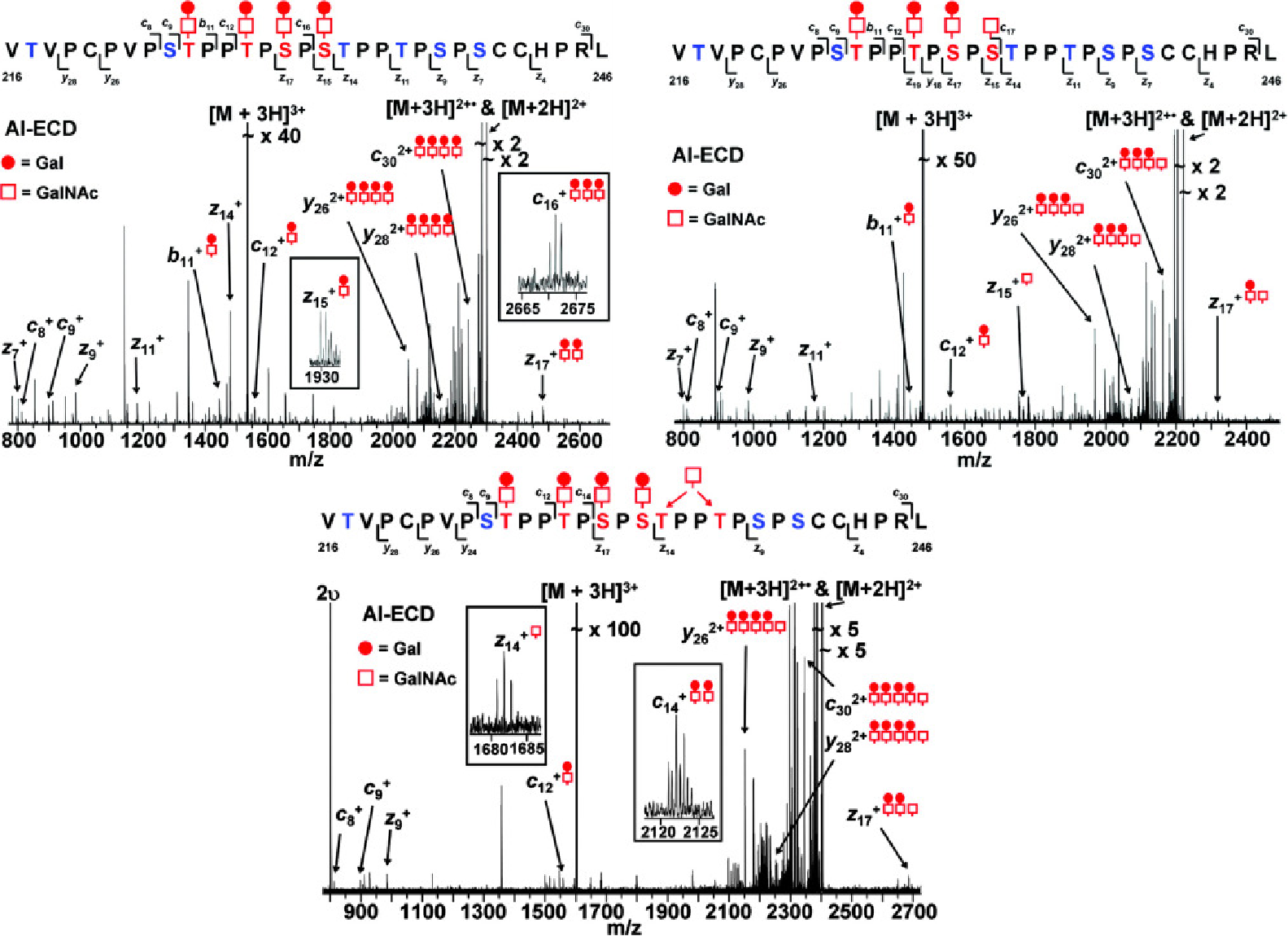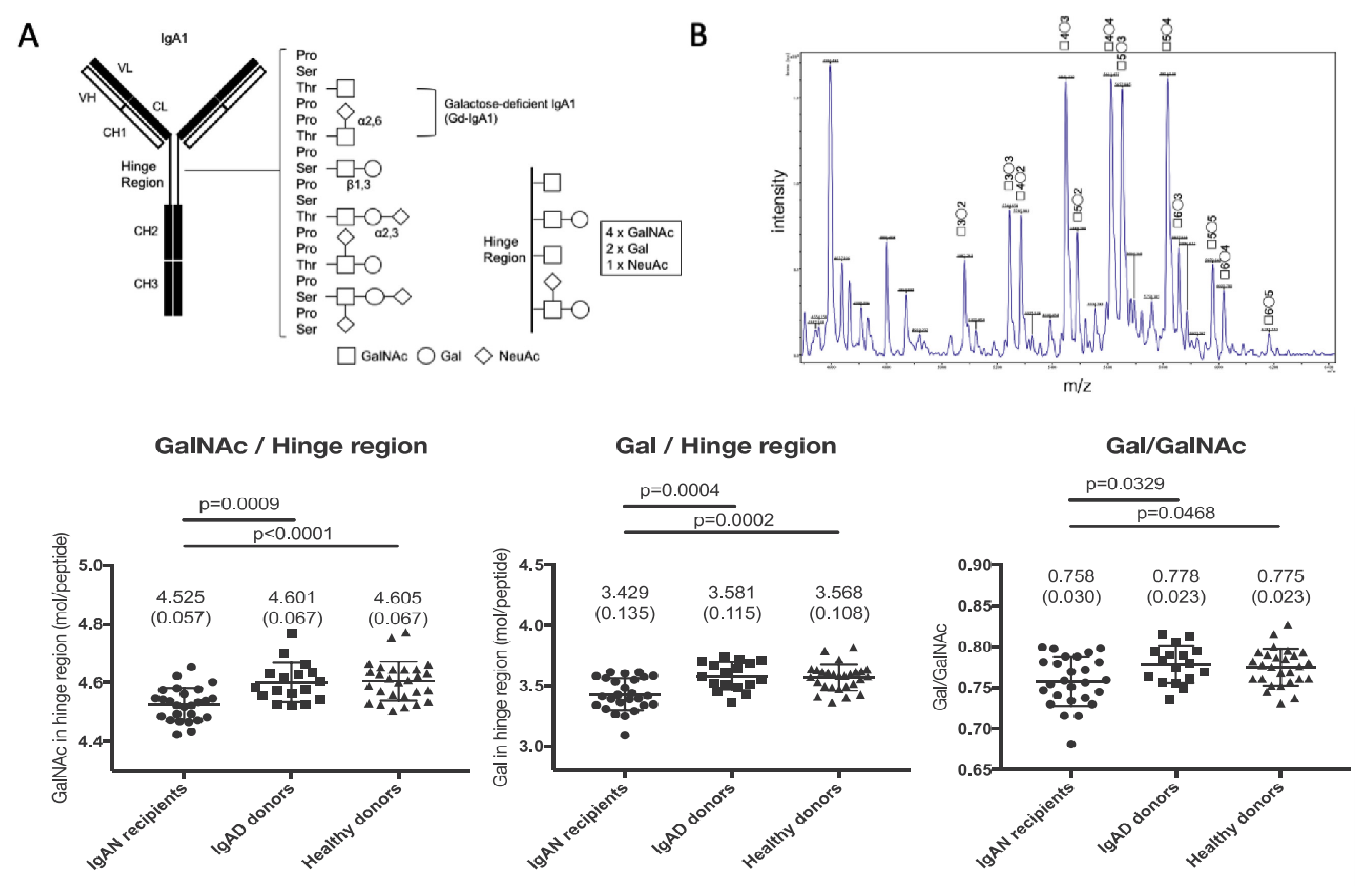IgA Antibody Sequencing Service
Antibodies, proteins synthesized by B cells, function to recognize and neutralize antigens. They are categorized into five main subtypes: IgA, IgD, IgE, IgG, and IgM. IgA antibodies, primarily located on mucosal surfaces, are abundant in the respiratory, digestive, and urogenital tracts. They often exist as dimers that bind to pathogens, blocking their entry and spread to protect mucosal surfaces from infections. Additionally, IgA is prevalent in breast milk, safeguarding infants against pathogens.
Accurate sequencing of IgA antibodies is vital for advancing mucosal immunology, disease prevention, and biopharmaceuticals. MtoZ Biolabs provides cutting-edge IgA antibody sequencing services utilizing mass spectrometry (MS), integrated with comprehensive bioinformatics expertise. This combination guarantees high sensitivity and accuracy, significantly enhancing both research and clinical practices.
Analysis Workflow
1. Sample Preparation
Collect biological samples containing IgA antibodies.
2. Antibody Extraction and Purification
Employ specific affinity chromatography techniques to isolate and purify IgA antibodies.
3. Enzymatic Digestion
Process the antibodies with enzymes to generate suitable fragments for MS.
4. LC-MS/MS Analysis
Conduct separation of antibody fragments via LC followed by precise measurement using LC-MS/MS.
5. Data Analysis
Analyze the MS data with advanced bioinformatics tools to determine the antibody sequences.
Service Advantages
1. High Sensitivity and Accuracy
Capable of accurately detecting and analyzing IgA antibody sequences in trace samples.
2. Comprehensive Coverage
Provides complete IgA antibody sequence information, including all critical peptide segments.
3. Rapid Efficiency
Streamlines the entire workflow from sample reception to final report, significantly reducing research time.
4. Versatility
Not only sequences IgA antibodies but also analyzes their post-translational modifications (PTMs).
Sample Submission Requirements
Sample Types: Serum, tissue samples, purified proteins, etc.
Sample Volume: A minimum of 1-2 mL of serum or an equivalent amount of other samples.
Sample Preservation: Samples should be transported and stored at low temperatures, preferably using dry ice or liquid nitrogen.
Applications
1. Disease Diagnosis
Detailed sequencing of IgA antibodies assists in diagnosing and monitoring immunodeficiency, autoimmune, and gastrointestinal disorders, including Crohn's disease and celiac disease.
2. Immunological Research
Investigating IgA's role in mucosal immunity supports the development and assessment of mucosal vaccines.
3. Biopharmaceuticals
By analyzing the structure of IgA antibodies, targeted therapeutics for respiratory and gastrointestinal pathogens are developed, improving treatment specificity and effectiveness.
Sample Results
Determination of Aberrant O-glycosylation in the IgA1 Hinge Region by Electron Capture Dissociation Fourier Transform-Ion Cyclotron Resonance Mass Spectrometry

Renfrow, M. B. J. et al. Biol. Chem. 2005.
Difference in IgA1 O-glycosylation Between IgA Deposition Donors and IgA Nephropathy Recipients

Nakazawa, S. et al. Biochem. Biophys. Res. Commun. 2018.
Deliverables
1. Experimental Procedures
2. Relevant Mass Spectrometry Parameters
3. Detailed Information on IgA Antibody Sequence Analysis
4. Mass Spectrometry Images
5. Raw Data
FAQ
Q1: How to address the aggregation of IgA antibodies that impacts sequencing accuracy?
Employing de-aggregating agents or processing samples under cold conditions can prevent the aggregation of IgA antibodies, maintaining the precision of mass spectrometric analyses.
Q2: How is the accuracy of glycan analysis on IgA antibodies ensured?
The use of specialized glycan chain analysis techniques, such as glycopeptide analysis and multistage fragmentation analysis in mass spectrometry, can accurately identify and quantify glycosylation sites and glycoform structures on IgA antibodies, ensuring detailed and accurate analysis results.
MtoZ Biolabs, an integrated chromatography and mass spectrometry (MS) services provider.
Related Services
IgE Antibody Sequencing Service
How to order?







